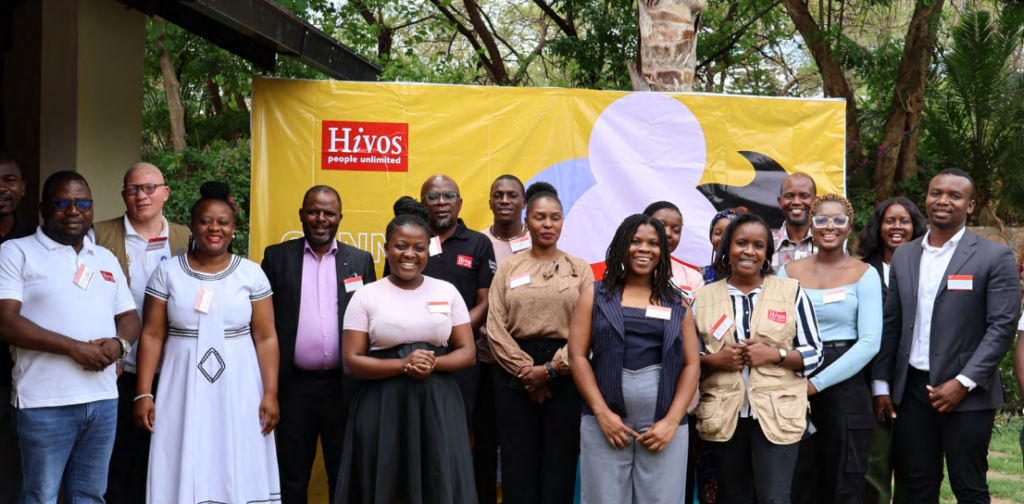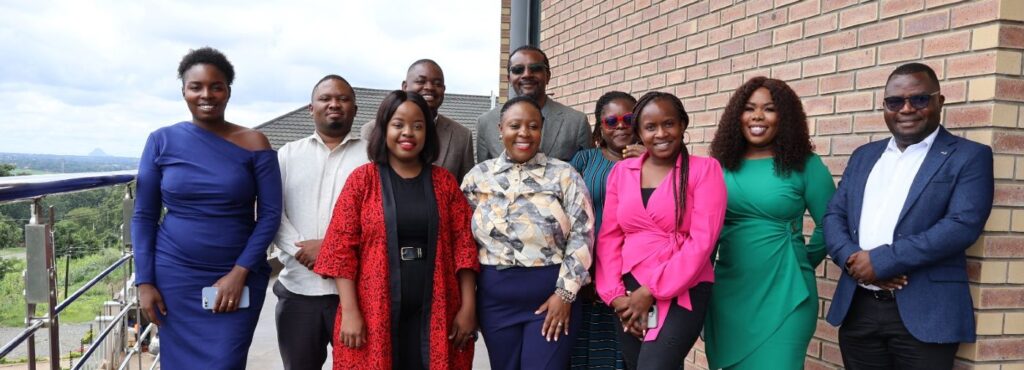Indonesian President Joko Widodo issues Regulation on One Data Indonesia – what’s in it for the people?
The President of Indonesia Joko Widodo has issued the Presidential Regulation Number 39 of 2019 on One Data Indonesia on 12 June 2019 to realize a better, more structured, and integrated data governance. What are the advantages of this regulation for the people in the country?
Although the government issued a Public Information Disclosure Law in 2008, the implementation of the law is still far from what it is expected to be. The citizens still face difficulties to access public information. Consequently, they aren’t able to participate in improving the quality of public services provided by the government. This limits their opportunities to improve their quality of life.
In the public procurement sector, information disclosure gives several advantages to the people. It allows them to take part in monitoring the government’s projects and ensuring that the implementation doesn’t exceed the budget. It also provides the opportunity to participate in the public procurement process as goods and services providers and in doing so, create more jobs for other people in their area.
Based on the research of the Institute for Development of Freedom of Information (IDFI) and Indonesia Corruption Watch (ICW), most public procurement information and data are difficult to access. The data is not available at a single place, but rather on multiple platforms Every local government puts the data on their own electronic platform. With close to 700 of these platforms and the data not being machine-readable, it is difficult for people to access the data and make sense of it.
The issuance of the Presidential Regulation on One Data Indonesia will help address these problems and encourage the improvement of the people’s welfare. This regulation enforces the government to provide accurate, up to date, integrated, accountable, accessible, and usable information and data. This policy also regulates the data standard that refers to the principle of One Data Indonesia: meet the minimum standard, have metadata, consistent, and available in open and machine-readable format, and use reference code or registration number.
The format will enable the citizens, including civil society organizations (CSOs), to conduct a strong data analysis and create a public procurement monitoring system outside the official government portal. The availability of qualified, complete, and accurate data will help citizens to transform the data into useful information that ultimately can be used to improve their quality of life.
If the government implements this regulation properly, it will also benefit the people working in the private sector, including small and medium company owners. Public procurement information and data disclosure can create fair competition and a healthy investment climate. It can also reduce the monopoly practices. It gives opportunities for Micro, Small, and Medium Enterprise (MSME) owners to compete for the government contracts. There will be more prospects for the MSMEs to develop and expand themselves.
The One Data Indonesia regulation legalization is a good step, but there are still many things to do. The job to improve people’s quality of lives through open contracting in the public procurement sector must continue. Civil society organizations need to improve their capacity in monitoring, analyzing the data. They should translate the complex public procurement data into information that is easy to understand and can be used widely by the people. The government has to ensure the available data meets the standard that has been set by One Data Indonesia based on maximum transparency and efficiency principles. Their doing so, will help realize implementation of open contracting principles in the public procurement sector.




